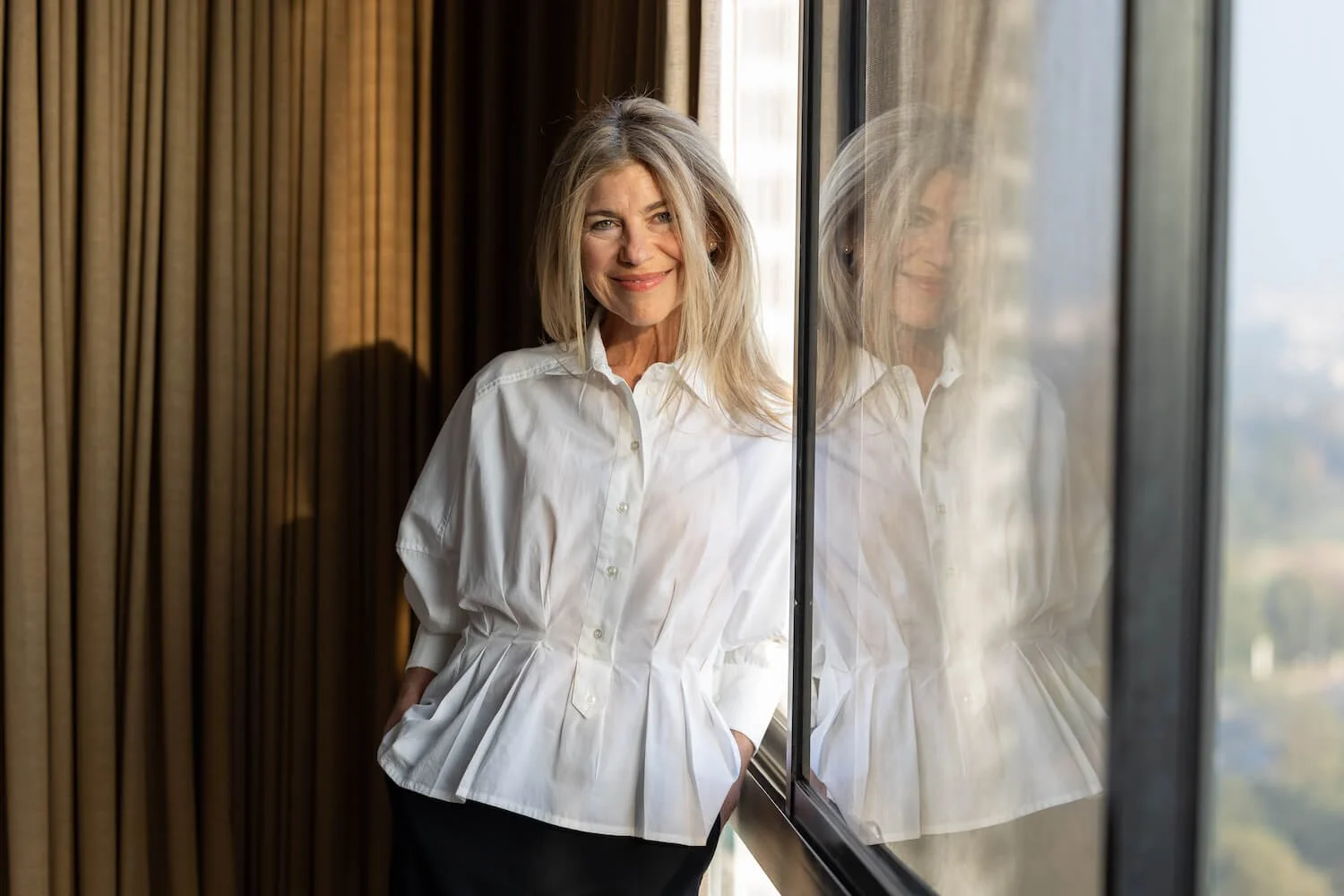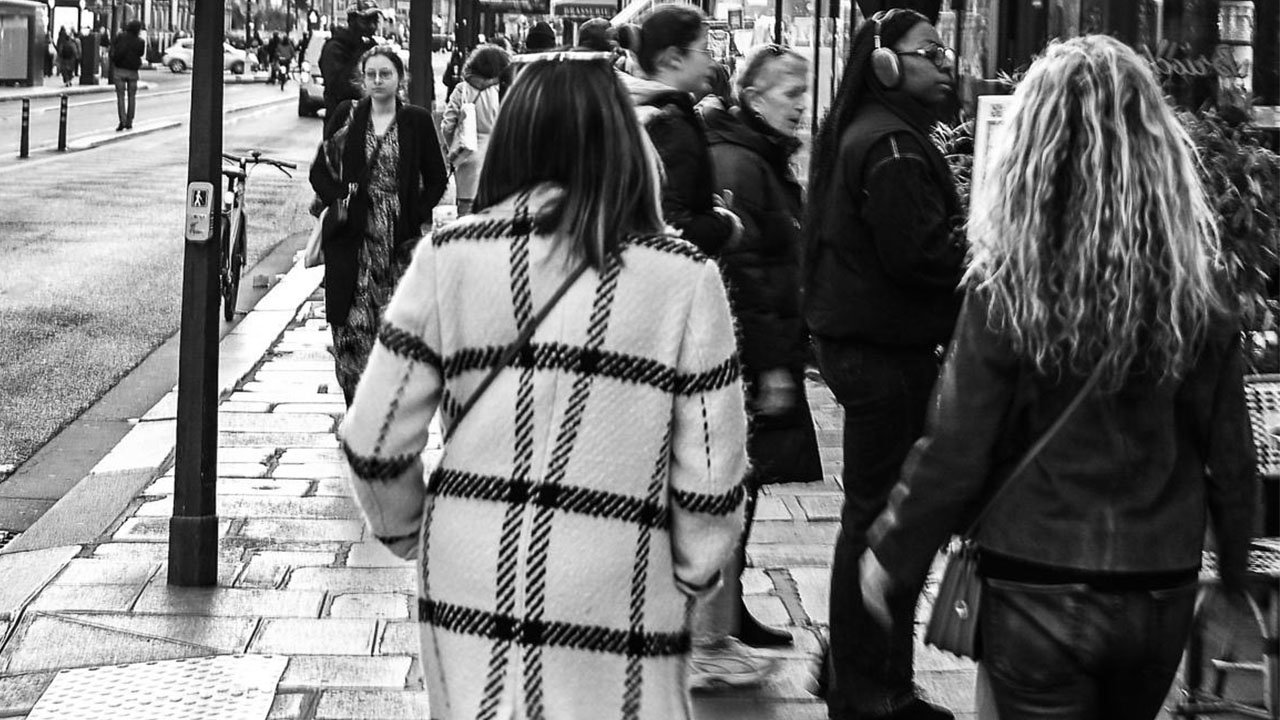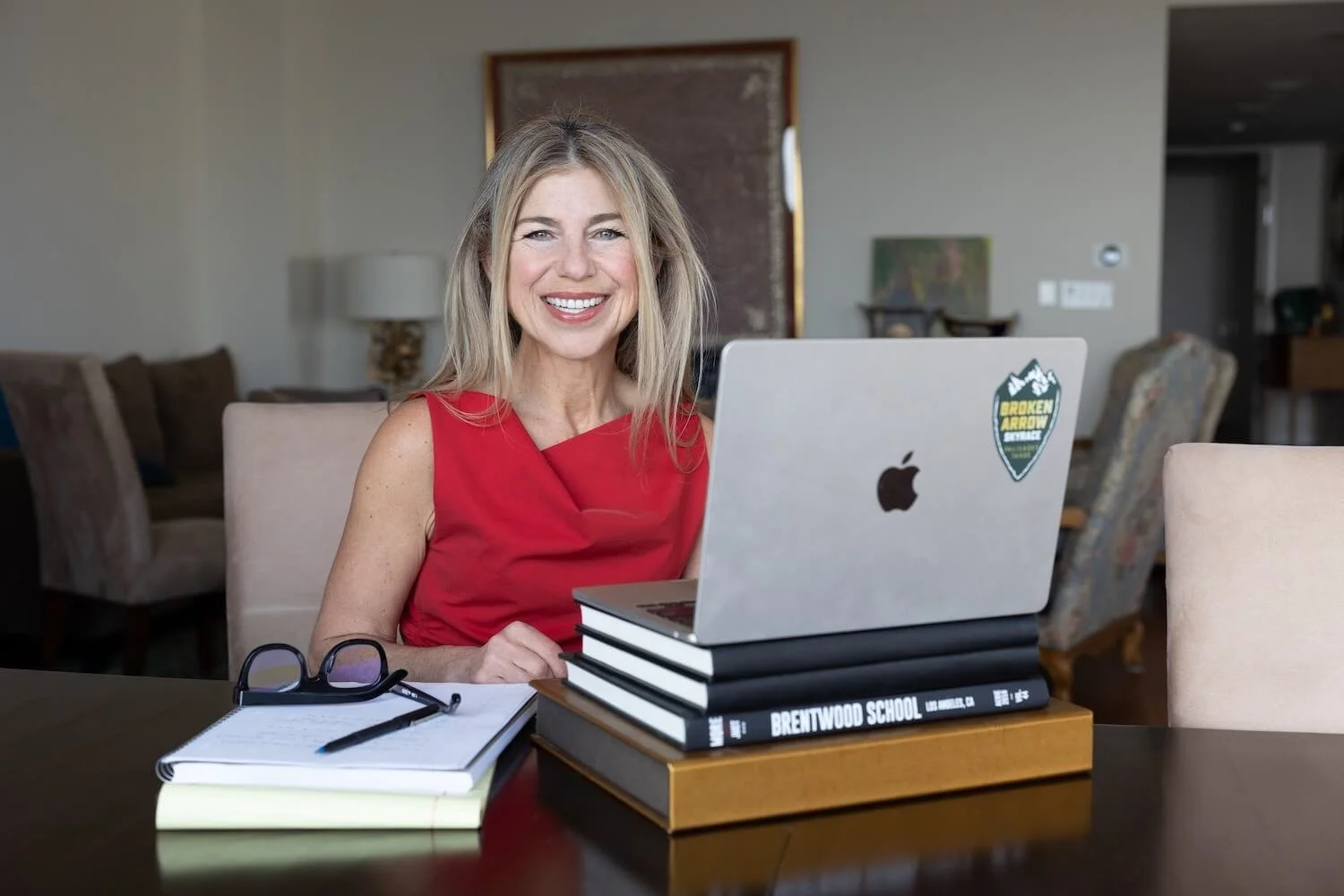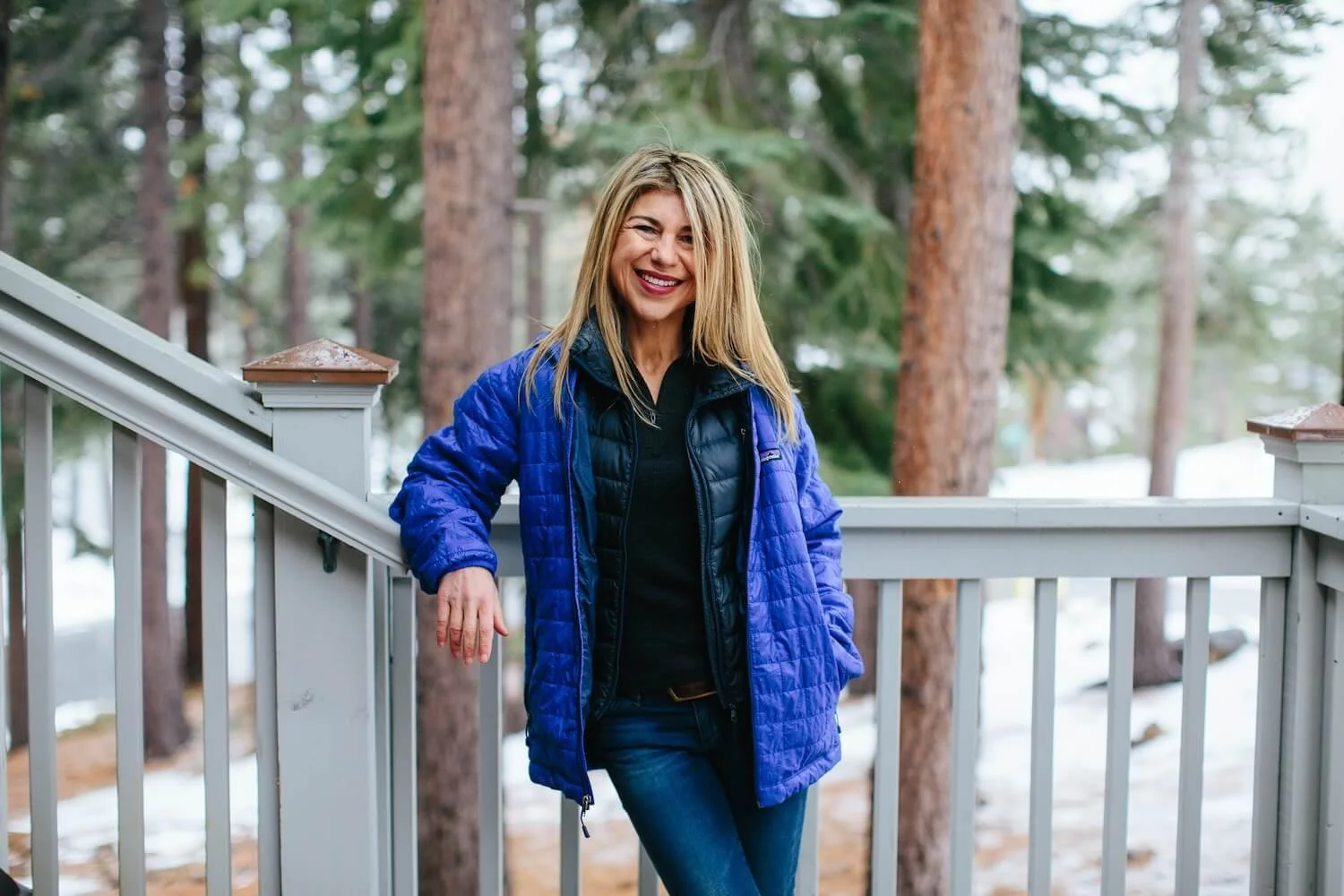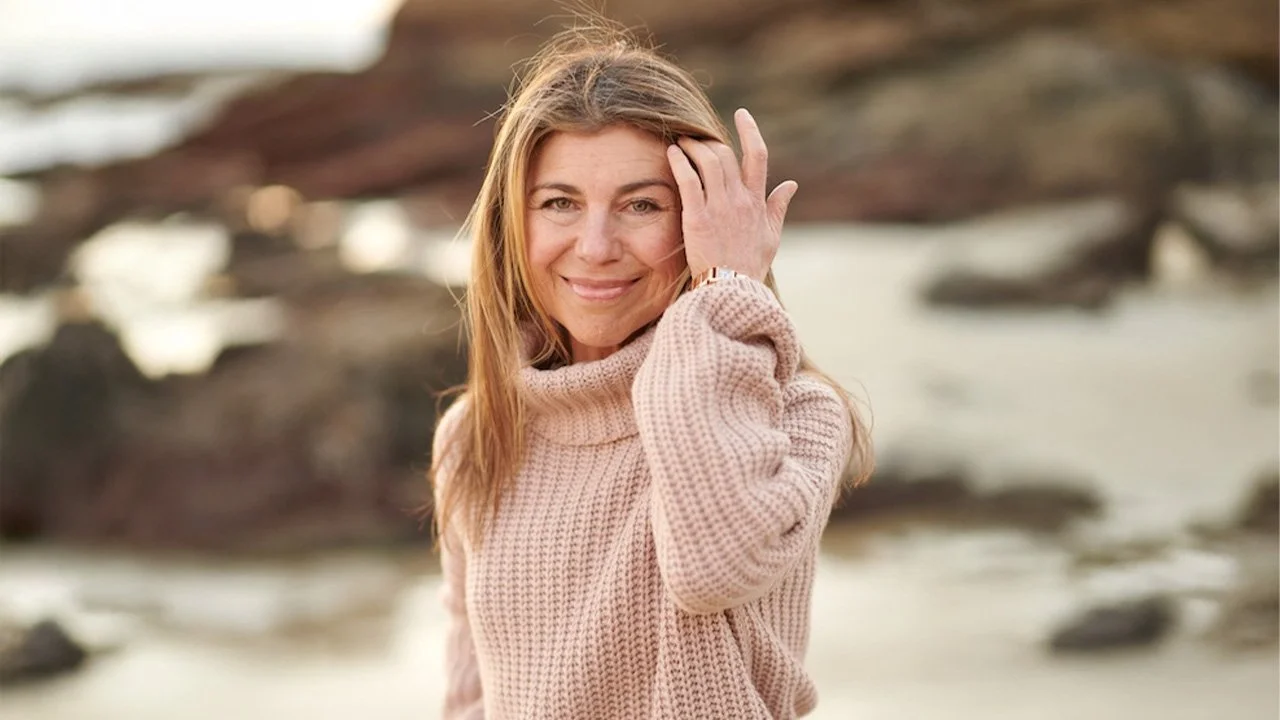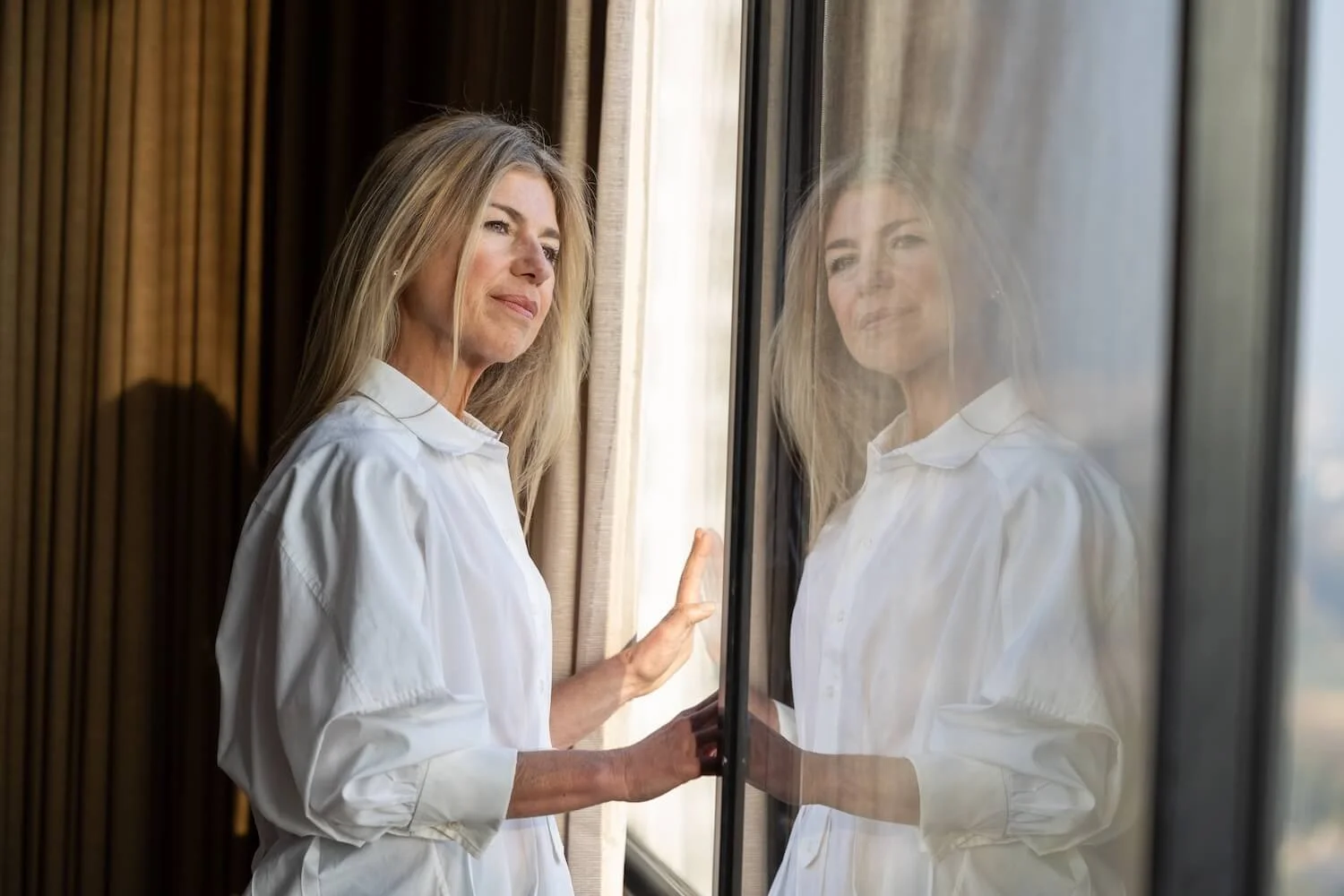The Power of Saying “No” to Yourself
Freedom has been my most significant life value even before I had the words to define it. My earliest and fondest memories are of roaming in our magical garden in Iran and feeling free to do and be whatever I wanted. That was my 5-year-old mind’s definition of freedom.
Although this was only 50 years ago, it might as well have been 500 years ago when we look at the difference between my experience of childhood and that of my children. To be a child in Iran in the late '60s and early '70s was to have your imagination as a playmate, as opposed to the relentlessly engineered schedule, technology “toys,” and the constant adult supervision that now defines many children’s lives. With no siblings for the first 8 years, I was allowed to leave in the morning and play outdoors by myself all day. This is when my love of nature, robust imagination, appreciation of solitude, and, most impactfully, love of freedom took root.
Later, as more expectations were laid on me—expectations of what a girl should be, what my religion and culture demanded, family obligations, and academic demands—freedom became something else altogether. Freedom from what I perceived to be an endless list of limitations was what I longed for and actively worked towards.
By the time I reached my early twenties, I had successfully freed myself from the traditions and expectations that, at the time, felt more like chains around my wrists than the gifts I would later see them as. My rebellious spirit and my parents’ comparatively open-minded attitudes allowed me to create a life that fit my definition of freedom at the time. My days were busy and looked glamorous to those around me, and I appeared to have an enviable measure of agency over my life. But inside, I was untethered. I lived a life that, although immensely blessed, was not grounded.
In my 40s, I began climbing what David Brooks calls “The Second Mountain” of my life. This is the mountain we climb once we realize that the first mountain—the one where we did everything to create our own personal happiness—has somehow left us wanting. Increasingly, freedom from things, people, and ideas didn’t feel so good.
In that kind of freedom, I was alone.
In that kind of freedom, I was profoundly disconnected.
Working with a Professional Life Coach gave me the remarkable insight that my definition of freedom was built entirely on a reactive mindset. In my effort to ensure no doors were closed to me, I would automatically push against all doors just to see what was behind each and to prove that I could open them. This is the perfect definition of being a rebel without a cause and fun in one’s 20s but chaotic and wasteful as we age.
This was when I started exploring and experimenting with the concept of constraint. Constraint is freedom in disguise. It’s the surprising and hidden back road to creating the time and space sorely and regularly missing in our lives, and it’s the child none of us wants to adopt.
Initially, the idea that I would voluntarily limit or restrict myself to a smaller set of choices was unimaginable to me. But I decided to give this practice a chance. It was an experiment with a clear hypothesis—imposing limitations and restrictions on myself would simplify my life and create more freedom to focus on what truly matters. Shifting our mindset from seeking freedom from things, people, and expectations to embracing freedom to engage, connect, and dive deeply is one of the most transformative changes we can make to live more fully.
The primary skill for developing constraint as a life principle is our ability to make decisions ahead of time. I started by making a relatively easy decision to only shop in a handful of stores. As the experiment proved successful in its promise to simplify life, reduce overwhelm, and eliminate decision fatigue, I expanded the practice to more consequential areas of life. I decided ahead of time what foods I wouldn’t eat, what social events I wouldn’t engage in, which friends I wouldn’t share my time and attention with, and what things and experiences I wouldn’t spend my money on.
My younger self would have considered these constraints intolerable. But what was ultimately most unacceptable to me and so many of my clients is the constant suspicion that the more freedom and choices we have, the less focus, time, and attention we are devoting to the things that matter most to us.
Constraint is a powerful practice for gaining true freedom.
“The only true form of freedom, the only ethical form of freedom, is through self-limitation. It is not the privilege of choosing everything you want in your life, but rather, choosing what you will give up in your life.”— Everything Is F*cked by Mark Manson
A striving toward freedom to has defined the last decade of my life. The freedom to do work has me sharing my gifts, being financially independent, enjoying time abundance, and most importantly, being inside rich and thick relationships.
David Brooks explains this kind of freedom beautifully when he writes, “This is the freedom as fullness of capacity, and it often involves restriction and restraint.” For me, those restrictions and restraints meant voluntarily taking on the responsibility of deliberate professional practice, commitment to serving others wholeheartedly, showing up when I didn’t feel like it, practicing kindness when it did not come naturally, cultivating humility as a parent and a child, and so much more. All these practices, which in a past life I threw aside in the name of freedom and independence, now were the exact practices that—with time and patience—would allow me the freedom to live the rich, committed, and grounded life that I yearned for.
Yes, we all seek freedom, but true fulfillment lies in the freedom to live a life of deep connection and interdependence. This is the life I strive for, and I support my clients in creating.
